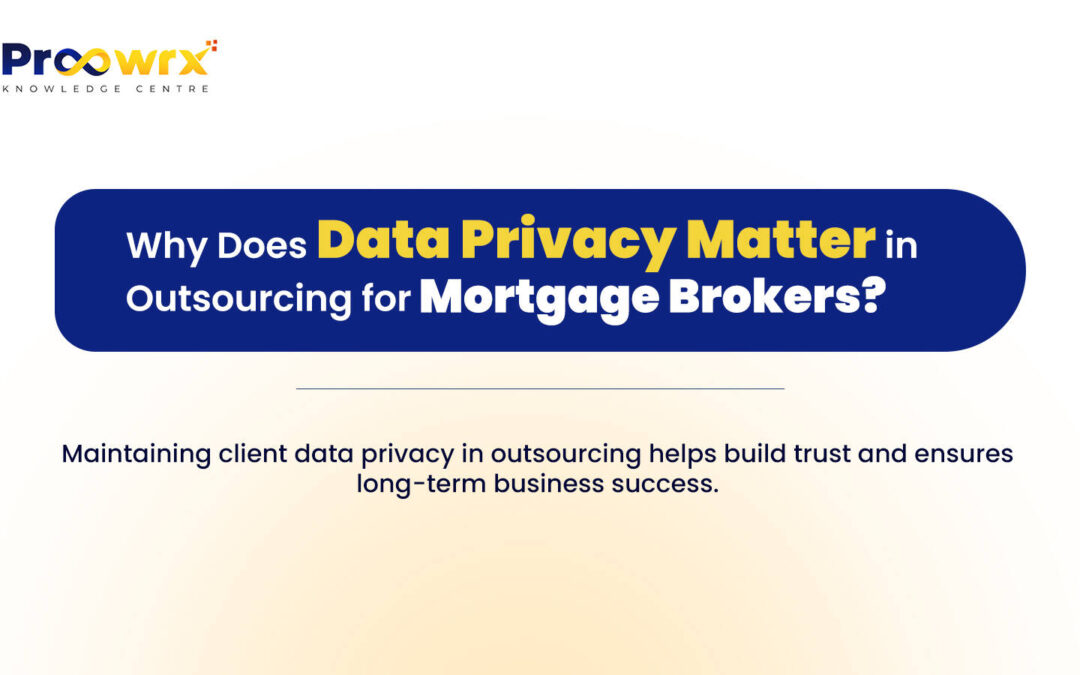Due to the growing complexity of handling multiple tasks independently, brokers are now switching to outsourcing. They outsource tasks like loan processing, application handling, and other back-office work to third parties, ensuring strict data privacy measures. According to 2016 reports, outsourcing was only a $6.99 billion (11.21 AUD) industry, which increased to $9.75 billion (15.63 AUD) in 2024, as shown below (Statista, 2024).
Figure: Increasing trend of Outsourcing
(Source: Statista, 2024)
As more and more mortgage brokers in Australia opt for outsourcing, concerns about data privacy are increasing. The OAIC reported 527 Data Breaches from January to June 2024, a sharp rise from previous years. With outsourcing services expected to reach $10.36 billion (AUD 16.51 billion) in 2025, data security risks may continue to grow. Understanding the leading causes of these breaches is crucial to preventing further violations.
Causes Leading to High Data Privacy Concerns
The increase in data breaches raises concerns about the lack of awareness of broking firms about ensuring data privacy during outsourcing. So, here are the few challenges they face:
Failing to Verify the credibility of the outsourcing firm
Most broking firms overlook the necessity of verifying the outsourcing firm’s credentials before utilising their services, which leads to the loss of millions of dollars and, mainly, the loss of clients’ trust. Therefore, before outsourcing your work, check the credibility of your outsourcing firm.
Unintentionally Using Weak Passwords
Another significant mistake is the unintentional use of weak passwords, which allows cybercriminals and hackers easy access to confidential client data. This is due to the use of simple and short passwords.
Also, firms often practice Daisy Chaining, which means using the same passwords for various accounts. This practice increases the likelihood of data breaches and requires effective action.
Ineffective Cybersecurity Frameworks
Firms that do not have effective cybersecurity frameworks to protect them against advanced cyberattacks are likely to experience many cyberattacks. For instance, they continue to rely on a firewall, which is insufficient to address ongoing breaches and is the primary cause of data breaches. Thus, a more robust solution is required, ranging from a broking firm to an outsourcing firm.
The lack of multi-factor verification further increases the challenge of data privacy during outsourcing. Multi-factor verification means that if someone tries to access confidential data, the authorised person will not get a notification on his mobile phone or email ID.
Granting Access To Multiple Users
Granting multiple users access to a client’s sensitive data and passwords often makes it difficult to secure the data against potential cybercrimes. Further, if the employee with access to the client’s data and passwords leaves the organisation, tracking the breach point becomes even more difficult.
Using Unsecured Public Wi-Fi
Using public Wi-Fi increases the risk of data breaches through devices. Cybercriminals and hackers can easily access your information by entering your network. They can check your logged-in activity and install unwanted software, such as trojans and viruses. Trojans are harmful programmes that look like safe software but steal your information or cause damage, while viruses spread to other files and computers, damaging or deleting your data.
Lack of Monitoring of Outsourced Staff
If outsourcing firms are located in different places, you may not regularly monitor their employees. This makes protecting confidential information from data breaches even harder, requiring a quick and decisive solution.
All the aforementioned points suggest that broking firms’ lack of awareness of data privacy is the leading cause of the increasing number of data breaches and thus requires preventive solutions.
Robust Practices To Avoid Data Breaches
Since significant data breaches are on the rise, implementing the following robust practices can be the preventive measures against them:
- Single Authorised Person for all Passwords
To protect data privacy, only one person should be responsible for sharing all passwords. This will help prevent client-sensitive data from malicious access and will be a beneficial step towards data security.
- Choose a Reliable Outsourcing Partner
A broking firm can protect itself from security breaches by considering a reliable outsourcing partner with a strong track record in client security. You can review their security management and legal agreements, like adherence to the Privacy Act 1988, APPs (Australian Privacy Principles), ISO 27001, and SOC 2. This will ensure that your outsourcing partner is reliable and you can share confidential clients’ data with them.
- Maintain Strong Access Controls
Strong access controls can also be an effective preventive measure against data breaches during outsourcing. Brokerage firms can discuss with their outsourcing partner to specify which information is accessible and which is not, helping to limit access to the client’s confidential data.
They can further work on MFA (Multi-Factor Authentication), preventing their data from being accessed by any unauthorised person. Additionally, they can conduct periodic reviews to check and update access permissions as needed by the outsourcing firm to prevent malicious access.
- Conduct Security Audits
Conducting security audits of your outsourcing partner’s security practices can be beneficial in ensuring that your client’s sensitive information is in safe hands. Depending on your choice, this can be done weekly, monthly, quarterly, or yearly.
While conducting security audits, you can also ask your outsourcing partner to conduct penetration tests to determine potential weaknesses contributing to cyber threats. This test is a security check in which experts try to find and fix weak spots before hackers misuse them.
- Use Advanced Data Backup and Recovery System
Outsourcing firms with advanced data backup and recovery systems are more likely to have reduced data breaches. Therefore, you can check the system your outsourcing partner uses for data backup and recovery of the client’s confidential information. This will ensure quick restoration of data in case of a cyberattack.
- Consider Cloud-Based Programming Access
Concerning the severity of cybercrimes, outsourcing firms are now considering a cloud-based programming model. This model offers a contemporary framework that helps secure client-sensitive information.
Further, using this model, firms are restricting access to client information of their employees to office hours only. It prevents them from accessing any information maliciously after office hours. Therefore, you can check whether your outsourcing partner is also functioning with such programming or not to protect your client’s sensitive information. This will validate the reliability of your outsourcing partner, providing you with peace of mind regarding data privacy.
Hence, by pursuing all the above practices, you can choose the right outsourcing partner to help you secure your client’s sensitive data and contribute to your business growth.
Choose Right, Choose Proowrx
You can choose Proowrx as the right outsourcing partner for you. We are committed to ensuring the robust security of your client’s confidential data and pursue unmatched security mechanisms. Working with administrative, physical, technological, and operational security pillars, we keep advanced security protocols in place.
For more information, visit our website: https://proowrx.com/.
OR contact us at 0288341222 or 1300 PROOWRX.

